You would probably know that gluten-free food is becoming highly popular among humans. The popularity of gluten-free dog food is increasing with every passing day. There are plenty of people who do everything that they can to make sure that there is no gluten in their foods.
Foods such as gluten-free bread, puddings, and pasta are available at supermarkets and soon make their way to your shopping basket. So, you may be curious if you should be doing the same thing for your dog.
Is gluten something you should avoid in dog food?
Would a gluten-free diet be good for your furry friend? Well, we will attempt to give you answers to these questions and more over here. So keep reading if you want to know whether gluten-free is the right option for your furball or not.
What does gluten-free mean?
Earlier, you must have come across buzzwords such as gluten-free, cereal-free, and grain-free on packets of dog food. As a pet parent knowing things appropriate for your four-legged baby can be overwhelming. Therefore, if we are to define gluten, we need to define the others.
Gluten is a gummy protein that has a texture resembling glue. It is present in various grains such as wheat, barley, and rye. Wheat is one food that has the maximum connection with cases where humans are intolerant of any particular food. Cereals are a kind of grass harvested because they contain grains that can be eaten.
Grains are dry and small seeds that grow on cereals. Common examples of grains are oats, corn, rice, and barley. So, a significant thing you need to keep in mind in this context is that if the food is grain free, it will not contain any gluten.
However, gluten-free does not necessarily mean that it is grain free. The thing is that gluten is found only in certain types of grains. It means that your dog’s food could contain a grain such as brown rice, and even it would be termed gluten-free. It would not be called grain-free, though!
Do dogs require carbohydrates?
If you look up different sources, you will find conflicting information. Therefore, we can understand why so many pet parents feel misled.
They feel really overwhelmed and confused as far as deciding the best food for their dog is concerned. It is better to go grain-free in these cases. For them, carbohydrates are a strict no-no for their babies. However, the thing is that dogs are omnivores and not carnivores, as people would rather have you believe. It means that if you feed them a diet of meat, fruit, veggies, and carbs, it would be great for them in every sense of the term.
Is gluten bad for dogs?
Humans may suffer from a disease named celiac disease – this is one condition where their body produces a severely negative reaction whenever they have anything that contains gluten. The condition does not affect more than 1% of the human population, but it is something that is accorded its due seriousness.
Thankfully, these days, you have more options for gluten-free food the number of such foods is only increasing. Unlike humans, dogs are perfectly okay with gluten other than on rare occasions where they show sensitivity to the same.
Read Also: How to Use Food & Treats in Dog Training
Signs and symptoms of gluten allergy in dogs
Some signs and symptoms your dog may show if they are sensitive to gluten. These are enumerated below:
- Diarrhea
- Itching
- Weight loss
- Vomiting following meals
- The poor condition of the coat
The thing with these symptoms is that they are not specific to a gluten allergy, and as such, they may indicate any food allergy. Therefore, it would be better in such circumstances to talk to your vet and get your dog on an elimination diet so that you can figure out the underlying cause of the problem.
Why should you choose gluten-free food for your dog?
So, even though most dogs can handle gluten without any problem, it would still be a good idea to go for a gluten-free diet. It is primarily for digestive reasons. Grains containing gluten, for example- Wheat, is not as beneficial for your little one’s tummy as others. Avoid dog food containing gluten-containing grains -wheat. Always go for foods that contain better grains in terms of quality, such as brown rice.
Choosing from the best brands
It is common knowledge that having a good source of carbs in their diet is helpful to your dog. Therefore, you should always go for the best brands with the most balanced diets in their recipes. These companies do not use any gluten in making their products. If you talk to them about your dog, they can create a menu containing recipes tailored for your naughty one. This way, your pooch would have the food for themselves.
Conclusion
In the end, grains and gluten are not generally something you need to be wary of when it comes to your dog’s diet. However, it is always best to know what your dog would be eating and why.
Healthy and high-quality carbs are great for your dog as they encourage healthy digestion and offer a consistent energy source. In cases where they show intolerance to grains and gluten, it would be good to get food specifically customized for them – it would be helpful.

 DogExpress
DogExpress

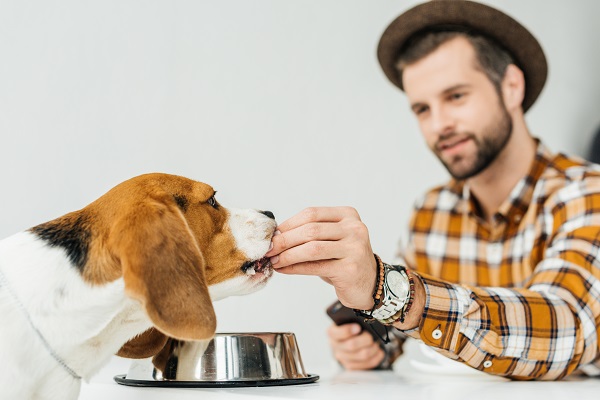
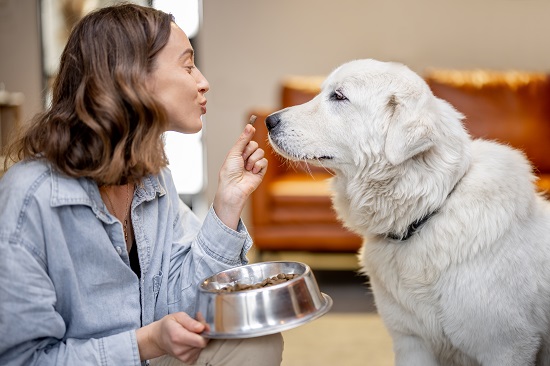
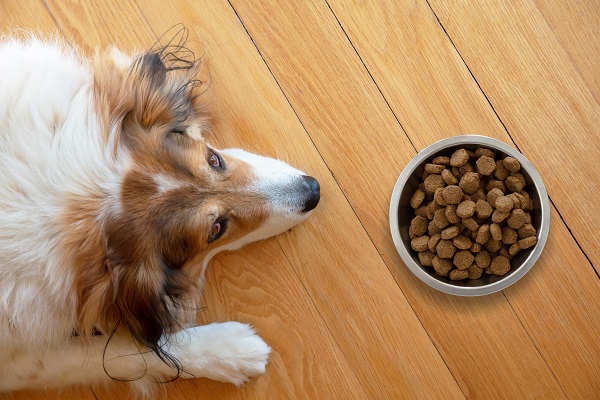
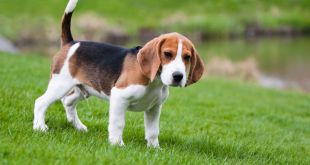
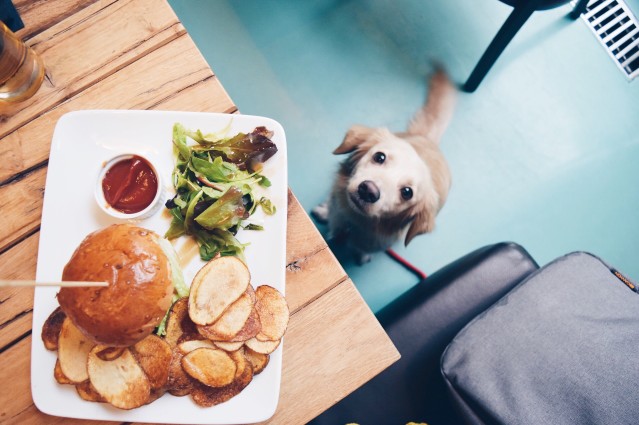
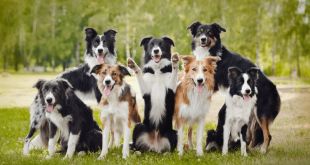
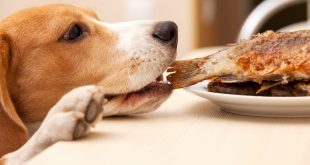












 in Chandigarh, India.
in Chandigarh, India. 
